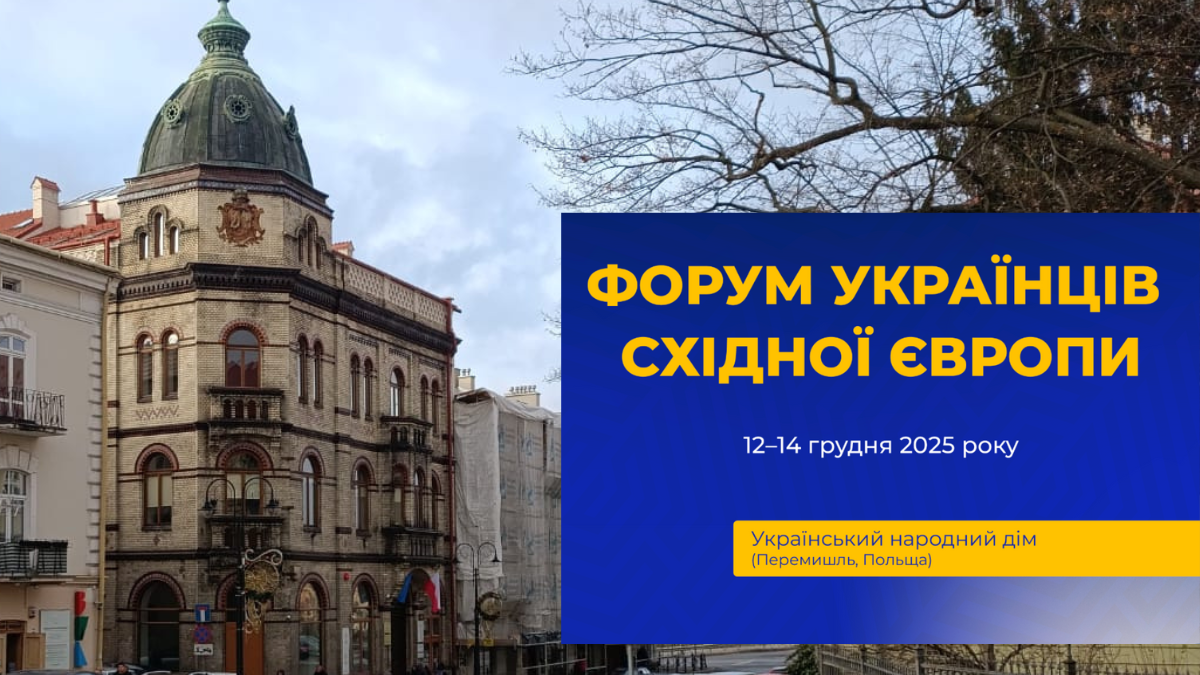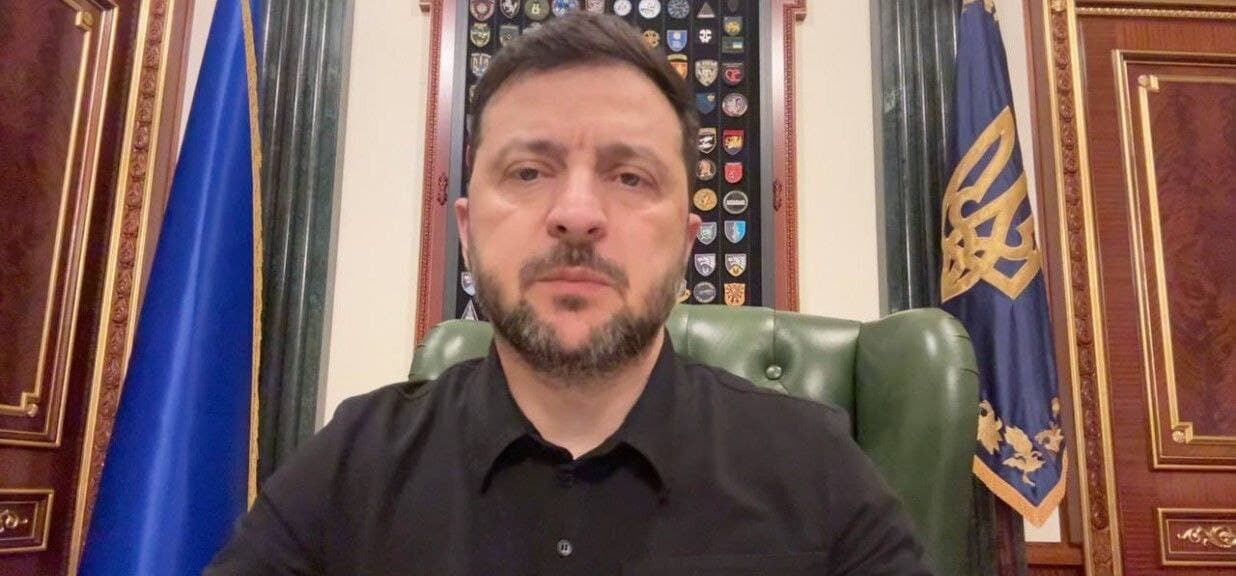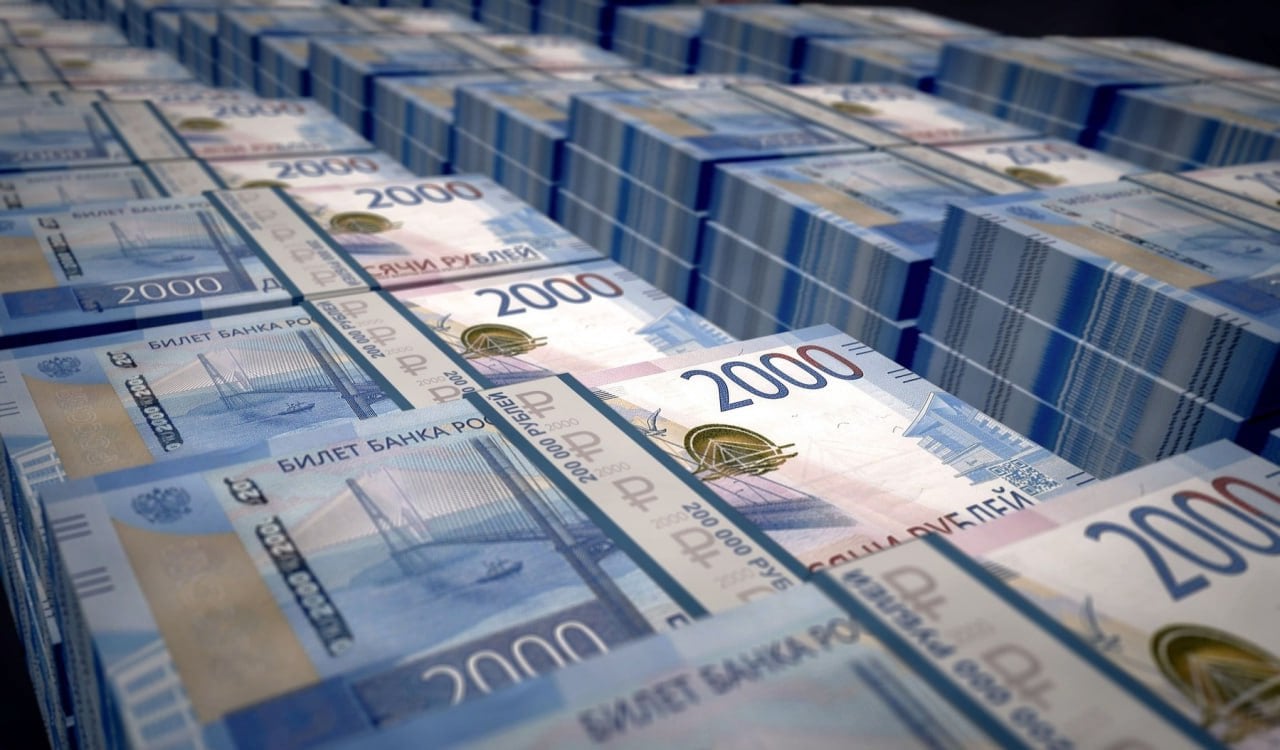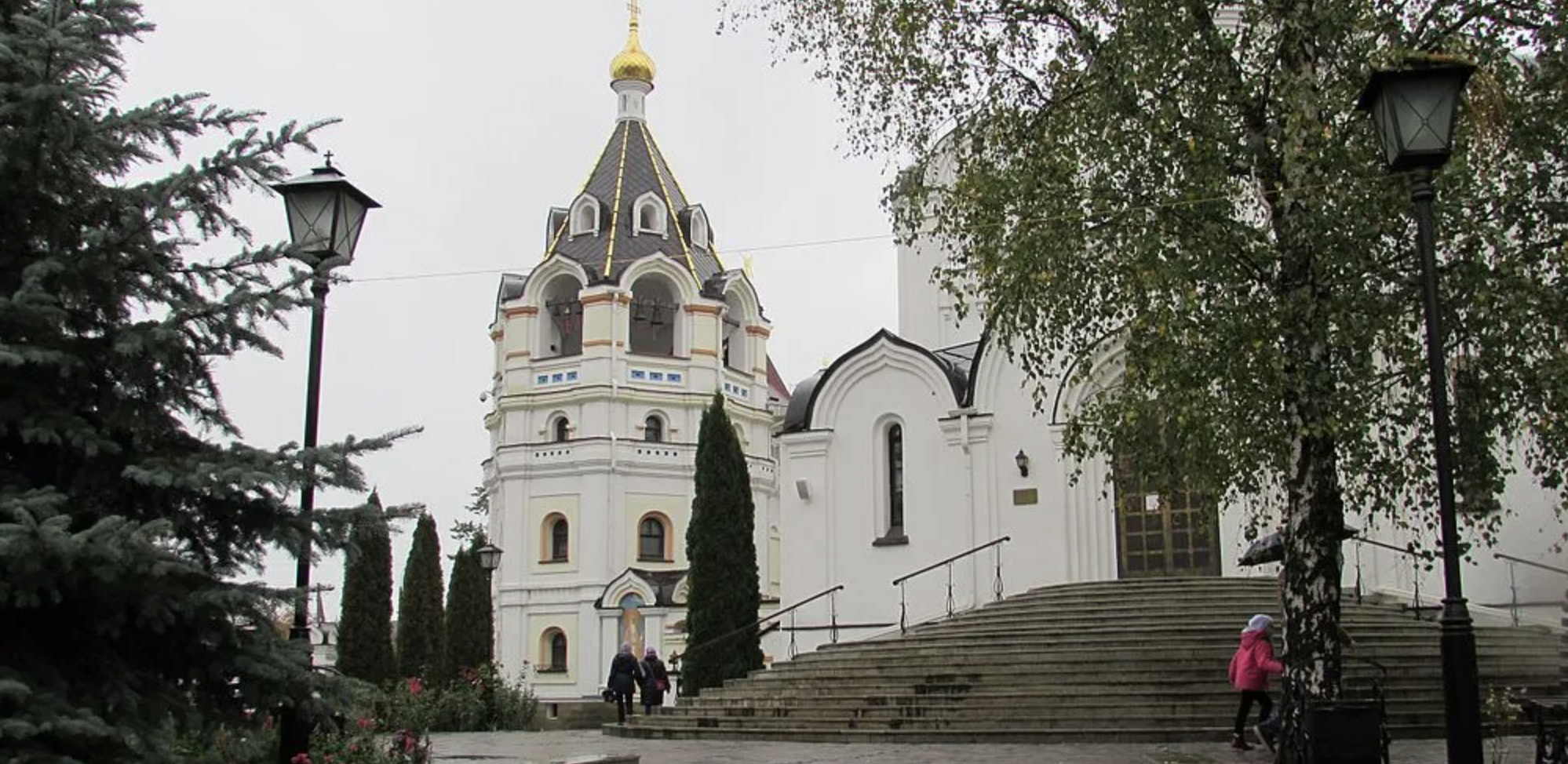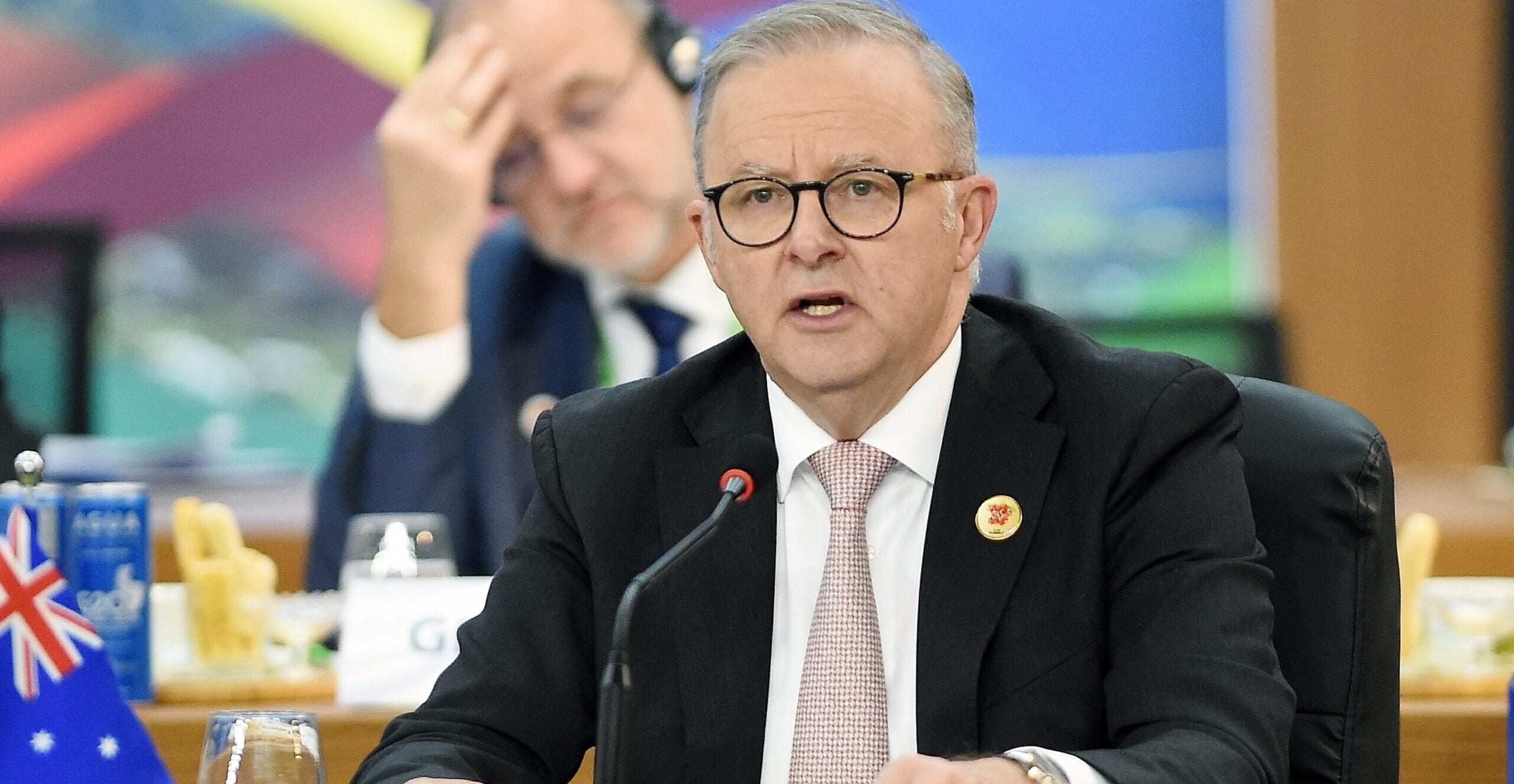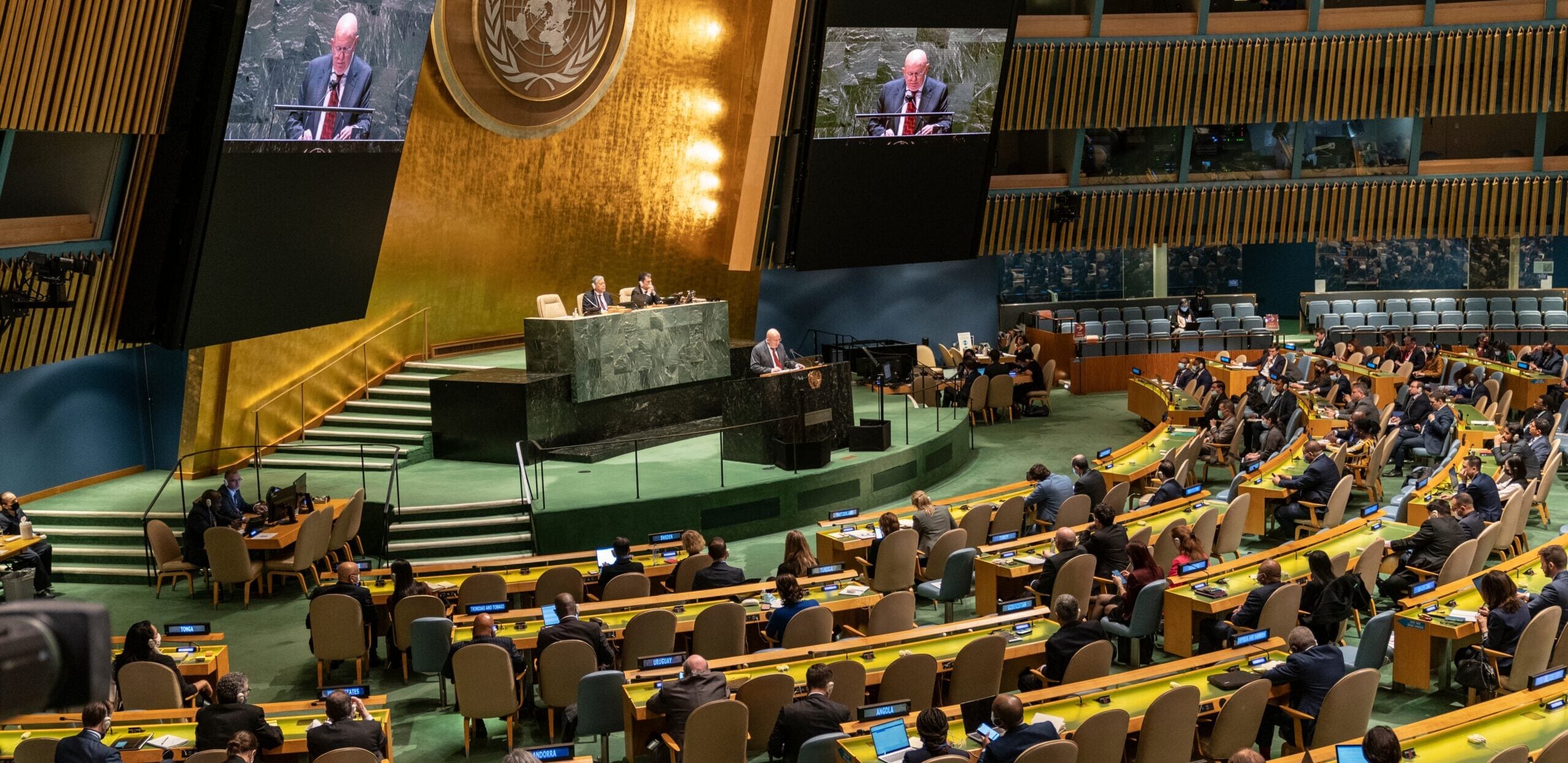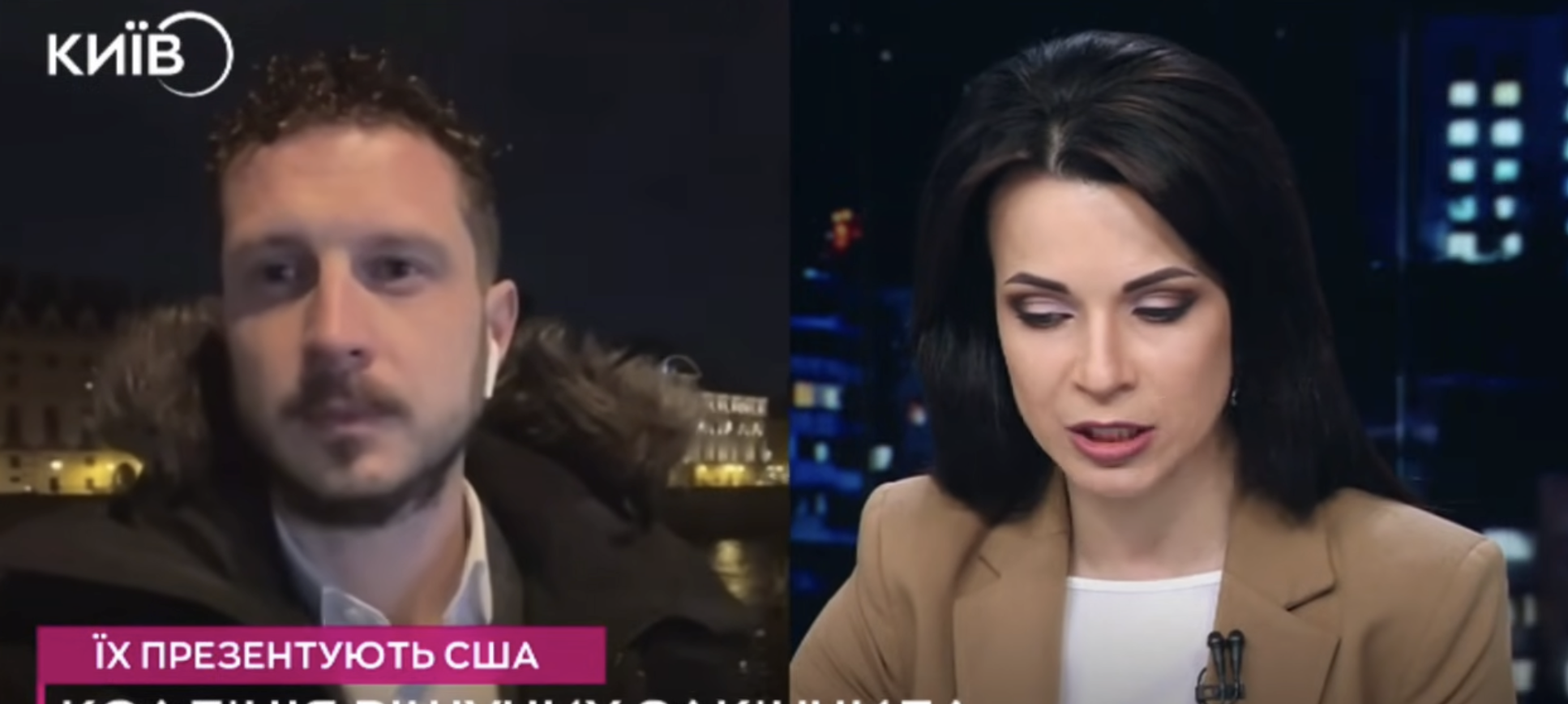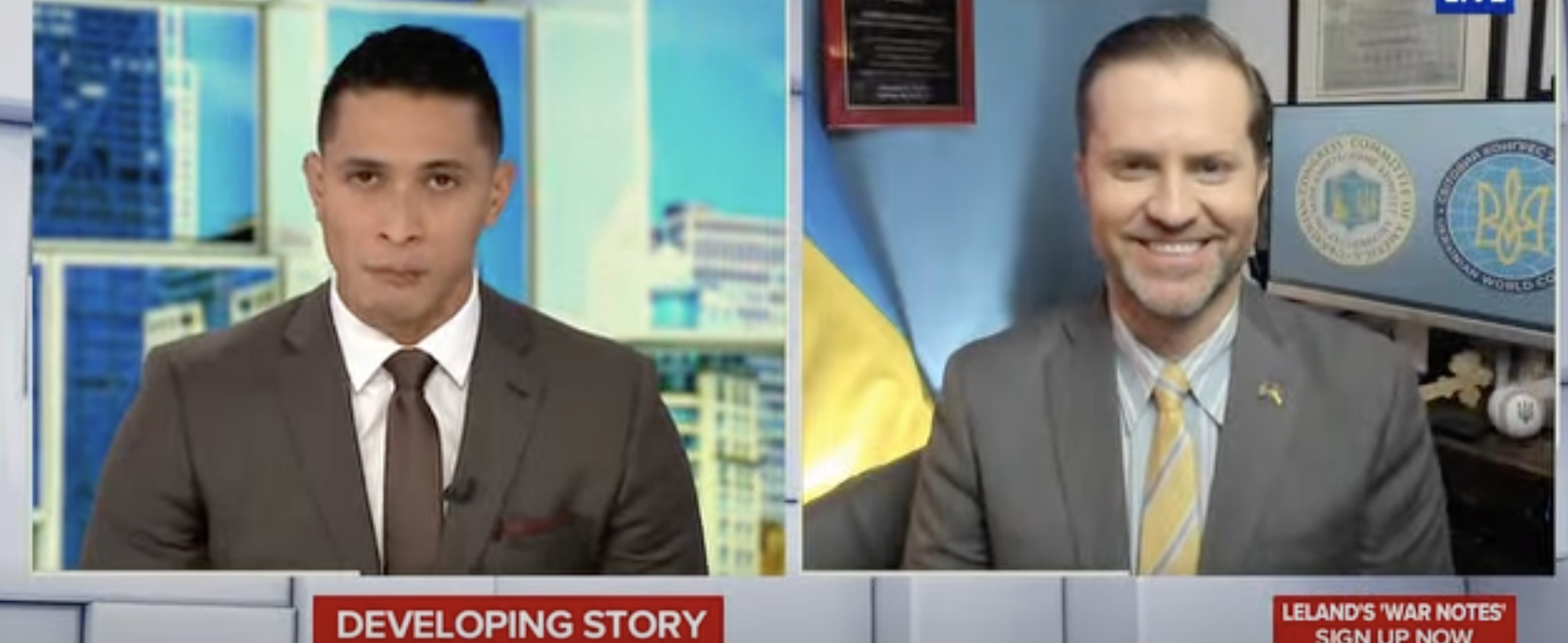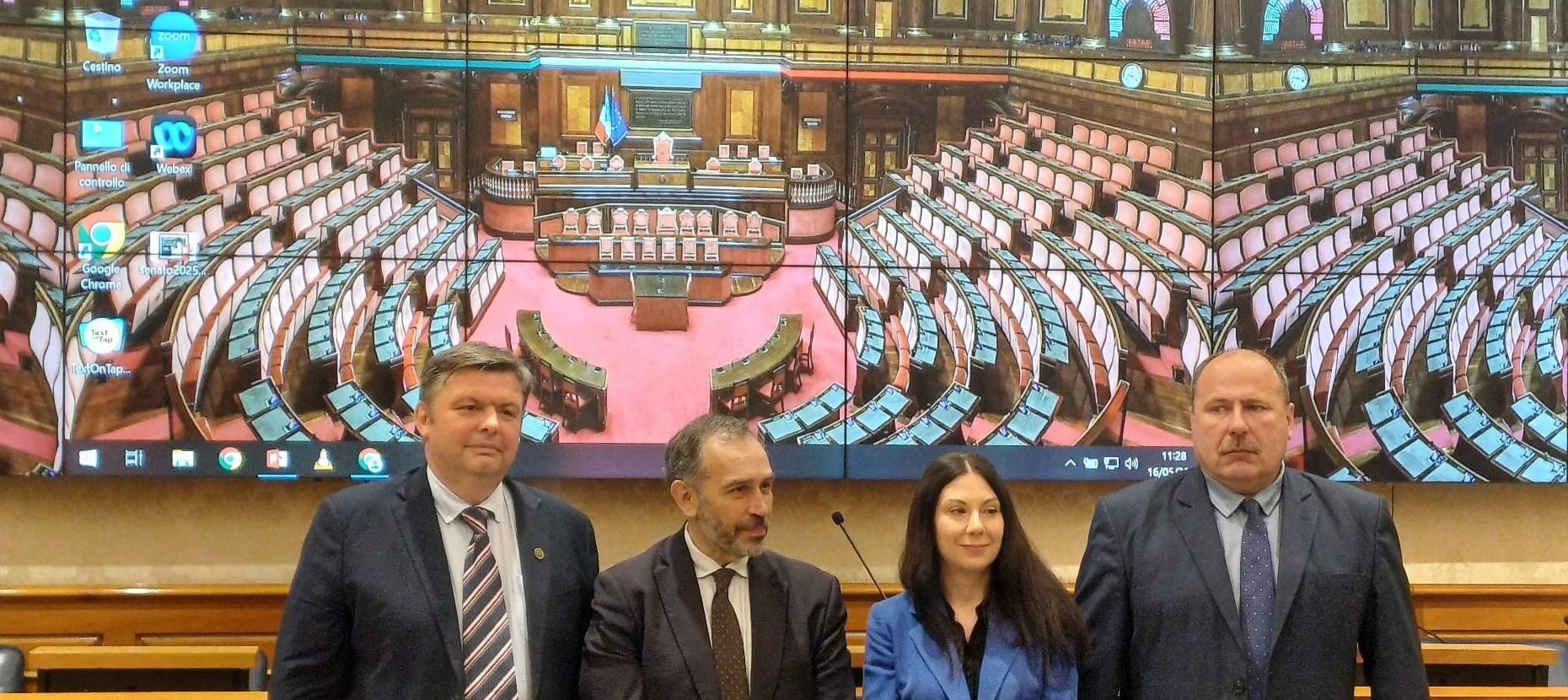
Ukrainian activists and human rights advocates are calling on the Italy’s legislature to support political prisoners held by the regime of Kremlin ruler Vladimir Putin.
Many of them belong to indigenous and non-Russian peoples oppressed under Russian rule.
The appeal was made during a presentation of the Anti-Imperial Bloc of Nations (ABN) human rights project, held at the 200-legislator Italian Senate in Rome.
The event focused on Ukrainians and other individuals imprisoned by the Kremlin for their political beliefs or activism. It was organized by Senator Filippo Sensi and the Christian Society of Ukrainians in Italy, according to ABN.
“We are here to raise a topic that is practically not talked about in the West – the real Russian opposition, in particular representatives of indigenous peoples enslaved by Russia, who strive and fight for their independence,” said Oles Horodetskyy, leader of the Christian Association of Ukrainians in Italy.
He stressed that supporting these oppressed peoples is vital not only for Ukraine’s victory, but for the broader triumph of freedom.
“They have the right to self-determination, and that is why Putin sees them as the greatest threat and persecutes them the most,” Horodetsky said.
Speeches by Oleh Medunytsya, President of the Anti-Imperial Bloc of Nations; Senator Filippo Sensi; and Eleonora Mongellini, Vice-President of the Italian Federation for Human Right, also were delivered at the event.
“Putin’s regime is a disgusting, criminal regime that attacks freedoms, destroys people, ethnic groups, cultures and religions,” said Sensi. “We need to provide an opportunity to learn the names and stories of those who resist this imperialist, aggressive and cruel model of relations between people.”
Medunytsya presented an exhibition highlighting political prisoners from various oppressed ethnic groups and regions within Russia’s sphere of control. “To change the situation, it is necessary to destroy Russian imperialism,” he said. “The threat of Russia to Europe and the world will disappear when the Russian empire disappears from the world political map, and the enslaved nations finally gain freedom.”
He added that fears over such a collapse are unfounded, citing the fall of the Soviet Union as proof that peaceful dissolution is possible and preferable to continued imperial domination.
